SHANGHAI (AFP) – A shimmering, 1.5-metre-long golden ballgown stood pride of place in a Shanghai exhibition hall on Thursday – and for the cool price of USD13,700, your dog could be the lucky animal to leave Pet Fair Asia wearing it.
The plethora of luxury and sophisticated gadgets on display at the show, the region’s largest, is testament to the consumer power of China’s expanding class of young, tech-savvy pet owners.
From robot companions to AI-powered health-monitoring wearables, animal welfare is a lucrative industry – and if all else fails, cloning a beloved pet is also an option in China these days.
“If you have a puppy, it’s just like your own child,” a young dog owner named Song told AFP.
“Anyone who has raised one knows… They hold a huge place in your heart.”
Pet ownership in China has soared, reaching nearly 100 million households in 2022.
Analysts have attributed the growth to younger generations, with Deloitte saying “changing views on family structure and an increase in single population” were a big reason for the boom.
“Young people are more individualistic, they don’t want to sacrifice their whole lives (raising children) like the previous generation, so they hope that by raising an animal they will immediately get that intimacy and warmth… but not spend as much time and energy,” said a young woman named Duan visiting the fair on Thursday.
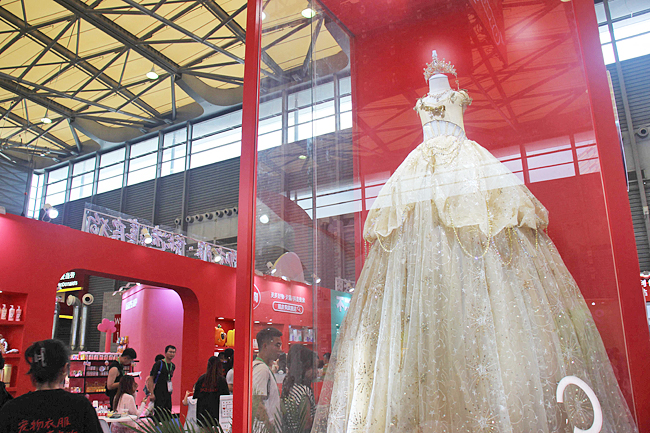
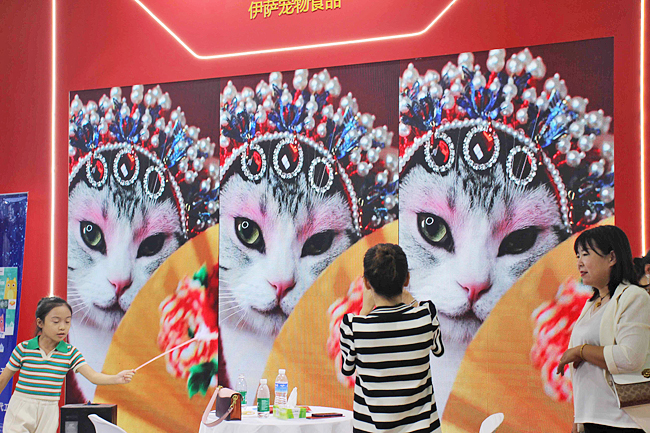
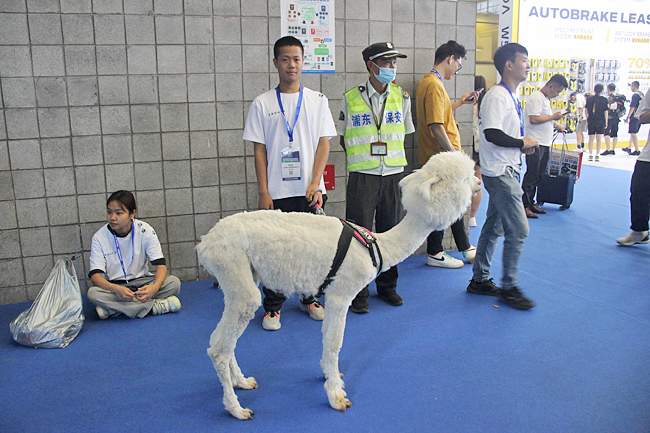
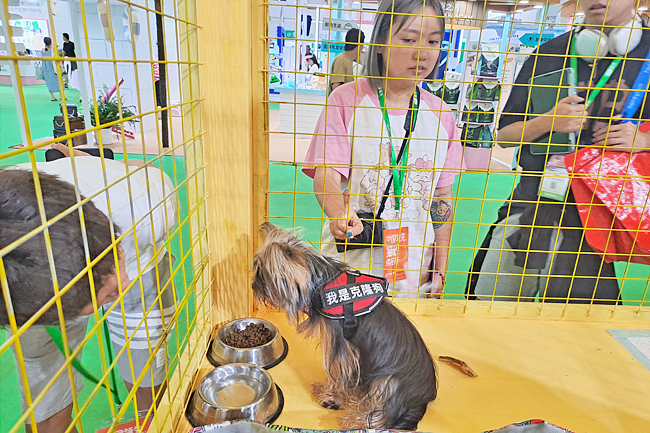
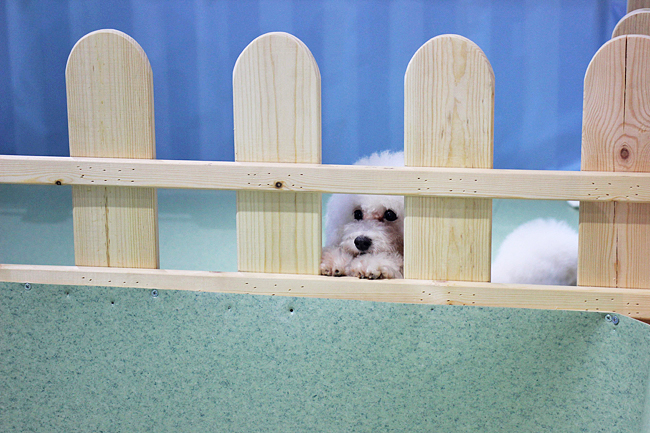
And owners spend a lot of money on their furry family.
The USD13,700 dog dress – which comes with a matching tiara – is hand-embroidered and designed for a canine wedding, stall manager Sun Chao told AFP, adding they usually got around a few dozen orders a year for such designs.
“The overall economic environment in our country in the past few years has not been very good, but the pet market is in a league of its own,” said Sun.
The industry is projected to grow 68 per cent to CNY811 billion (USD112 billion) by 2025, according to iiMedia Research.
Pet Fair Asia is taking place over several days, with organisers saying its scale this year is unprecedented.
It features more than 2,000 exhibitors selling items as varied as tofu cat litter, desiccated treefrog snacks and dog doughnuts and macarons.
In a nod to the region’s intense work culture, remote surveillance devices were a common sight, allowing busy owners to monitor their pets from afar.
One USD169 robot can follow animals around, feed them, amuse them with a laser or broadcast their owner’s voice.
The next iteration will use artificial intelligence to help interpret the pet’s movements and react accordingly.
Technology is even being applied to overcoming death.
At Chinese company Sinogene’s stall, visitors crowded around a cage of identical frisky terriers wearing harnesses that read “I am a clone dog”. The firm is one of the few in the world offering animal cloning services – enabling pets and their owners to be “together forever”, as its tagline states.
A representative named Dai told AFP they had cloned around 500 animals for Chinese customers since they began in 2017, including some for the country’s security services.
It costs between USD30,000 and USD60,000 to clone a dog, depending on its breed.
At the beginning, said Dai, the business was met with wariness from consumers.
“But with the development of the economy and people’s dependence on pets… people have slowly begun to familiarise themselves with and accept cloning,” he said.
While most of the show catered to cats and dogs, there were signs that more exotic tastes were beginning to take off.
Eager to appeal to pet lovers with cash to burn, an electric car company led an unimpressed-looking alpaca around as they gave out leaflets and stickers.
In one exhibition hall, a kaleidoscope of snakes squirmed in small plastic takeaway containers, and a small scrum formed around a box full of meerkats.
Meanwhile, a capybara studiously ignored showgoers’ overtures as it munched its way through its grass bedding.








